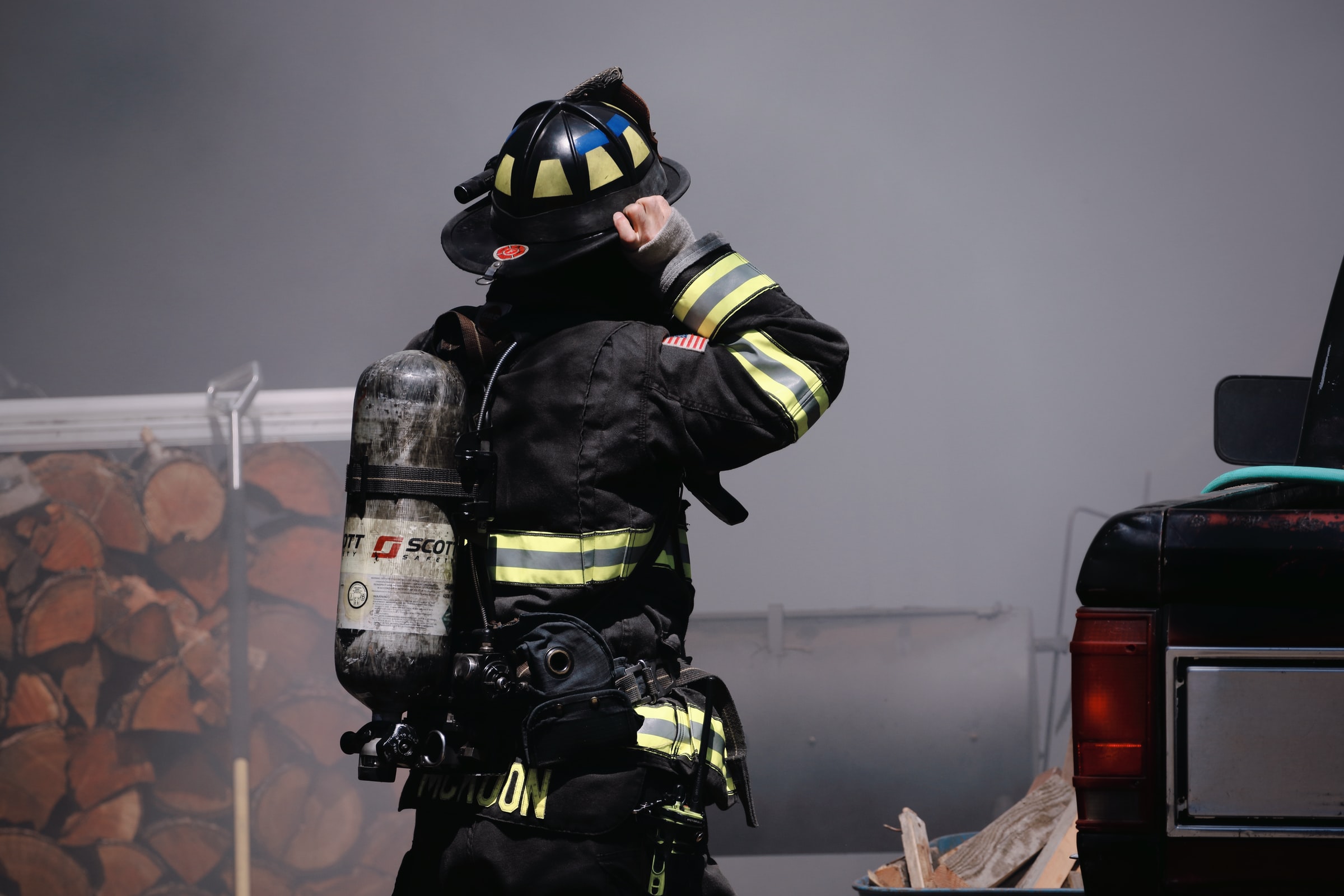Drivers may believe that safe driving behaviors are easy and ordinary, but they are frequently missed, forgotten, or ignored in today’s frantic driving environment.
Although no assurance exercising common sense and being aware of the typical causes that cause accidents will prevent them, adopting this information can help make the roads safer for everyone.
Let’s face it: mishaps happen. When they do, you may have to deal with automobile repairs, injuries, and probable hikes in your insurance rate.
Driving will help keep you and your family safe while also keeping your insurance premiums low.
Injuries, financial difficulties, and even mental upheaval can result from a vehicle collision. Is there anything you could have done to avoid this happening?
To elaborate further, here are few common Car Accidents causes:
- Rear-end Collisions
- Parked Car Damage
- Single-vehicle Accidents
- Windshield Damage
- Crashes at Intersections
- Backing Collisions
- Divergent Collisions
- Distracted Driving
Drivers can prevent these accidents if they pay attention to their surroundings and the varying factors while driving. Here are some tips to help:
Slowly Enter Traffic.
Stop, take a look, and listen. Be wary of blind spots, including those in rearview mirrors, behind windshield pillars, and highway traffic signs. Also, while making a right turn at a junction, check both ways at least twice before proceeding.
Vehicles might come seemingly out of nowhere, so use caution while approaching a busy junction.
Keep an Eye Out for Red-light Runners.
Before approaching an intersection on a green signal, count to three. Check both directions to ensure that no one is attempting to beat a yellow signal.
Passing semi-trucks should be done with caution. Truck drivers have a big blind zone on their right side, so be extra cautious when driving alongside an 18-wheeler. If you can’t see the vehicle’s side mirrors, the truck driver can’t see you.
Keep one hand on the driving wheel at all times.
Reduce in-car distractions like changing radio stations or CDs, using mobile phones, eating, or taking your hands off the wheel for a brief period.
A gust of wind, a pothole, or a blown tire might push the car into the other lane, causing a severe collision.
Keep an Eye Out for Children.
Children and animals have a propensity of unexpectedly appearing between parked automobiles and onto roads. If you’re traveling in a residential area with children, keep an eye out and slow down.
Also, be mindful of the school signs or road signs that might indicate signals for churches, schools, or playgrounds.
Scan Forward 12 Seconds.
Always keep your attention on the region you will be traveling in 10-12 seconds. When driving on the highway, keep a safe distance from other vehicles so that if someone comes to an abrupt halt or swerves, you can avoid them.
When Backing Out, Take a Look Behind You.
Parking lot fender benders are all too prevalent, so keep an eye out for automobiles departing parking places. Don”t rely solely on mirrors; physically look over your right shoulder while steering to eliminate blind spots caused by mirrors.
Do Not Tailgate.
Allow a three-second buffer between you and the car in front of you, and start your travel early enough that you don”t have to hurry up to make up time.
Maintain Your Distance.
Drive far enough behind the automobile in front of you to make a safe stop. Especially true during bad weather. When the weather is poor, extend the timing.
Drive With Caution.
Avoid circumstances that may need the deployment of your brakes unexpectedly. You may be rear-ended if a vehicle follows you too closely or is not paying attention.
Don’t Get Sidetracked.
Never look away from the road to eat, read a text message, or find your phone. If the motorist in front of you abruptly stops, it just takes a second or less of not paying attention to rear-end them.
Never Leave Valuables Unattended in a Parked Automobile.
Having things in plain sight invites robbers. Take valuables with you, keep them in the glove compartment, or lock them in the trunk.
You may keep these tips in mind, but remember to have an auto accidents lawyer to reach if all else fails. It is always important to make sure to prioritize your safety and welfare.
Even if you were somewhat to blame for your accident, you might still be eligible for compensation. Some jurisdictions adhere to the legal principle of comparative blame.
Certain states have a stipulation that you would not be compensated if you were 50% or more at fault in the accident.
It is worthwhile to hire a lawyer after a vehicle accident, especially if the accident was catastrophic and you sustained substantial or lasting injuries.
A lawyer for auto accidents can assist you in protecting yourself from both current and future losses resulting from the accident.
